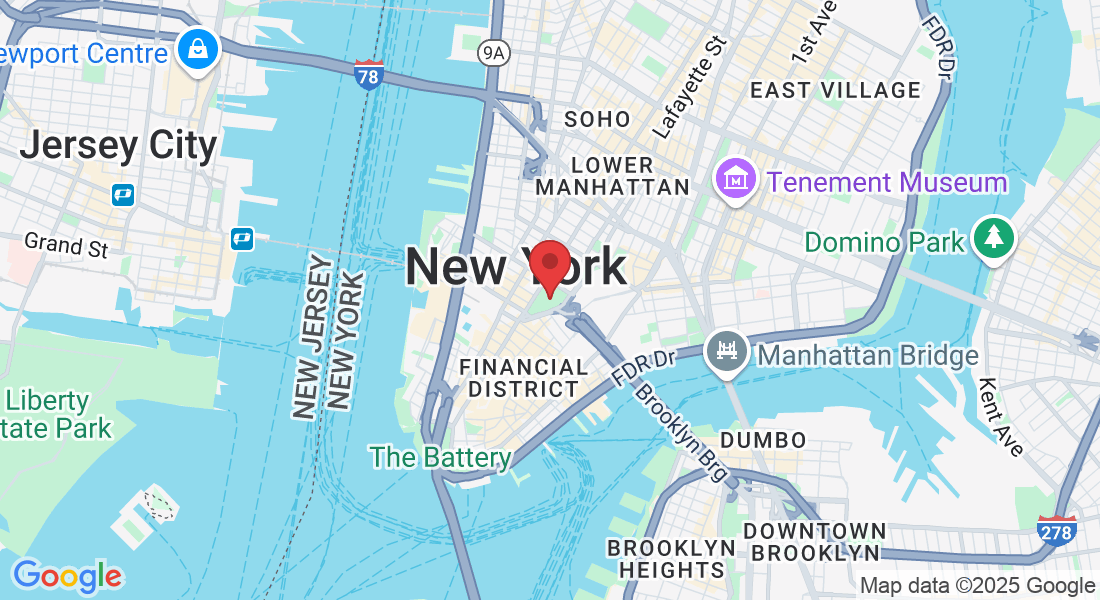Protect What You’ve Earned
Championship Wealth Can Help Protect You from the 3 Biggest Threats to Your Financial Future
Most Americans unknowingly put their future wealth at risk by ignoring three major dangers:
Rising Taxes – Do you believe taxes in the future will be lower, the same, or higher? Most people say higher. That’s why it's critical to have a tax-minimization plan in place now.
Market Volatility – Are your retirement dreams tied to unpredictable stock performance? Market losses can derail your plans when the timing doesn’t match your life.
Inflation – Known as the "hidden tax," inflation eats away at your buying power over time, whether it’s rising slowly or surging rapidly.
Why Isn’t Everyone Doing This?
Despite its benefits, the max-funded, tax-advantaged insurance strategy isn’t used by most people. Here’s why, and why that gives you an edge.
Reason #1: Lack of Education
Most People Haven’t Been Taught These Strategies
Taking Control of Your Financial Future Starts Here.
Let’s face it: financial literacy is sorely lacking. Most people spend more time planning vacations than retirement. Even many financial pros don’t understand this strategy. If you’re reading this, you’re already ahead.
LASER Funds require a shift in thinking, and the willingness to learn. You’re not alone, but you do need the right coach.
Reason #2: It Requires a Specialist
These Policies Take Experts to Implement
Work with a Financial Specialist, Not a Generalist.
Like a surgeon, you need precision and experience. Max-funded insurance contracts are not off-the-shelf products, they need to be custom-built for your life goals by someone with advanced IUL training. That’s what we do.
Reason #3: The Word ‘Insurance’ Sounds Boring
We Get It, Insurance Isn’t Sexy
But What If It’s Your Most Powerful Financial Tool?
No one wakes up excited to talk about insurance, but once you understand how these policies grow wealth and reduce taxes, you might just get hooked.
Reason #4: People Think It’s Expensive
But That’s Only True If It’s Done Wrong
Poorly structured insurance policies can be costly. But a properly designed LASER Fund can outperform traditional investments when taxes are factored in, without ongoing management fees. It’s not expensive, it’s efficient.
Reason #5: Short-Term Thinking
Real Wealth Requires a Long-Term Game Plan
Why Thinking Long-Term Will Set You Apart:
If you're chasing short-term gains, this isn't for you. LASER Funds are for people who want predictable, tax-free income in retirement, not short-term hype.
Reason #6: It’s Not for Everyone
But It Might Be Perfect for You
This strategy isn’t one-size-fits-all. Some people need guaranteed income or have health limitations. But many are surprised to find they do qualify, even with pre-existing conditions. It’s worth a look.
Reason #7: You Need to Have Assets
You Don’t Need to Be Rich, But You Do Need to Be Ready
If you have a growing nest egg or can set aside at least $500/month, you’re in a great position to benefit. If not, no worries, but when you're ready, we’ll be here to help.
Real People. Real Results.
Kelly S.

The information presented in the seminar was eye opening material that I had not previously heard. It gave me hope that my retirement could be much better than I anticipated. I highly recommend this seminar.
Joseph B.

We wish that we would have had this information 20 or 30 years ago. Thank you, Greg and Doug, for teaching us how to manage our money intelligently.
Melissa R.

The seminar opened our eyes to new opportunities and techniques for preparing for the future. We also liked that it was about more than just money, but about developing a more fulfilling life.
Ready to Build Championship Wealth?
Follow the link below to get your free book and begin your journey toward a life of financial freedom, purpose, and lasting legacy.
Get In Touch
Email: [email protected]
Address
Office: 3060 Seigneury Drive
Assistance Hours
Mon – Sat 9:00am – 8:00pm
Sunday – CLOSED
Phone Number:
(407) 743-6900
Powered by Winning Strategy
Freedom starts with a winning financial game plan.
(407) 743-6900

